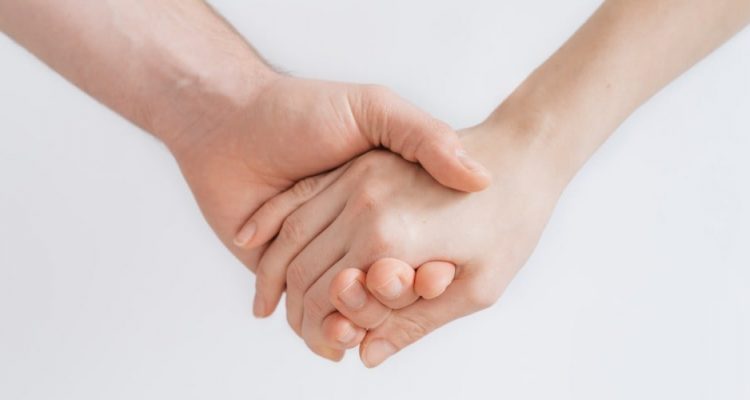Helping a victim of domestic violence is not always easy.
You may not always know what to say or do, especially if you aren’t aware of their full story and what they’ve been through.
But even if you’re not sure how to help, it’s important to try.
Don’t let the uncertainty of not knowing what to do stop you from helping – your support may just be what they need right now.
And while helping a victim of domestic violence is a very delicate matter that often requires a specialist to work through, you can do your part by providing as much support as you can.
If you want to help a victim of domestic violence, here are some things that experts suggest might help:
Listen without judging
One of the best ways to help a victim of domestic violence is to listen to them and understand what they’re going through. But listening alone isn’t enough – it’s crucial that you also do so without any judgements.
Avoid offering advice or making decisions for them. Instead, just be open and listen to their story and let them share what they’re going through. You’re there to be someone they can confide in without feeling judged or controlled, so it’s important to make them feel that way.
Make sure that you have your conversations in a safe and confidential space, where they can open up without worry or anxiety. And remember to be patient with them – they may not always want to open up directly at that moment. Let them share their story on their own time.
Offer support
Whenever possible and appropriate, try to offer support and ask them if there’s anything you can do to help.
The goal is to let them know that they’re not alone and that they have someone who supports them through this matter.
Because every victim’s situation is different, it’s important to find out what you can do for them when they accept your support.
Even if you can’t provide what they need right now, letting them know that you’re there for them can go a long way in making them feel more secure and supported.
Validate their thoughts and feelings
A key part of supporting any victim of domestic violence is validating what they’re thinking and feeling.
Abuse and domestic violence can take many forms, and the perpetrators don’t always seem like they can be capable of doing such things. This can make victims feel alone, fearing that no one will believe them.
When a victim opens up to you and shares their story, it’s important to acknowledge it and make them feel validated. Try to reassure them that whatever they’re thinking and feeling is valid, and don’t deny what they’re going through.
Aim to validate their thoughts and feelings as objectively as you can, without judgement or bias.
Help them create a safety plan
One way you can support a victim of domestic violence is to help them form a safety plan.
A safety plan will help empower them by letting them know what to do if things get worse or if abuse happens again. This plan can include having a designated safe place during emergencies, a code word for alerting families and friends, or having an “escape bag” with their essentials if they need to leave as soon as possible.
Creating a safety plan with them can also give them more control of their situation and make them feel like they can do more than they think.
Provide resources
If appropriate, encourage them to get help from the right support groups and community resources.
The effects of domestic violence – both short-term and long-term – can be complicated, and it can require support from trained service specialists to address properly.
Without being pushy or assertive, encourage them to contact the right support and specialist services if they need it. At the very least, let them know that such support groups and community resources are available so they can reach out to specialists when they’re ready.
If they’re in Queensland, here’s a list of various support groups throughout the state that they can contact for specialist support.
Important reminder: If you or the victim are in immediate danger or require emergency services, please call 000 immediately.
Dealing with the effects of domestic violence
The effects of domestic violence can run deeply, affecting the victim’s life (and those of the people around them) for years.
If you notice that they’re having difficulty dealing with the effects of domestic violence (no matter how long ago it happened), professional counselling may be able to help them.
If you want to find out more about counselling and how it might help your loved one overcome a personal crisis, call 07 3211 1117 or send us a message.




